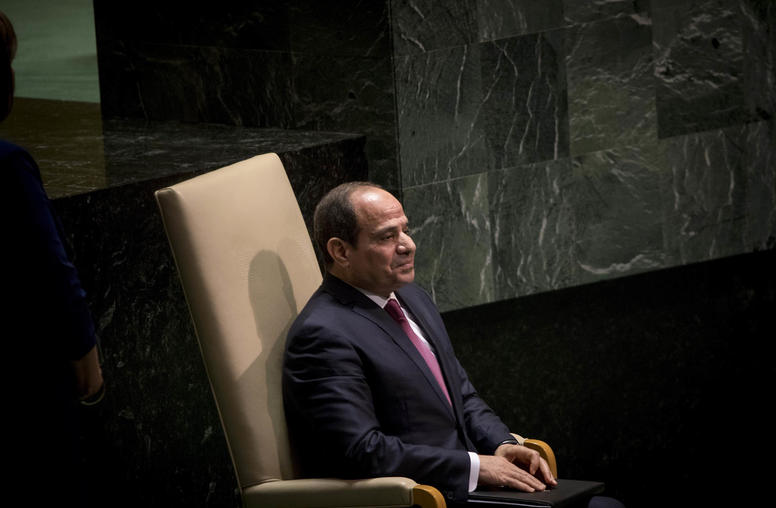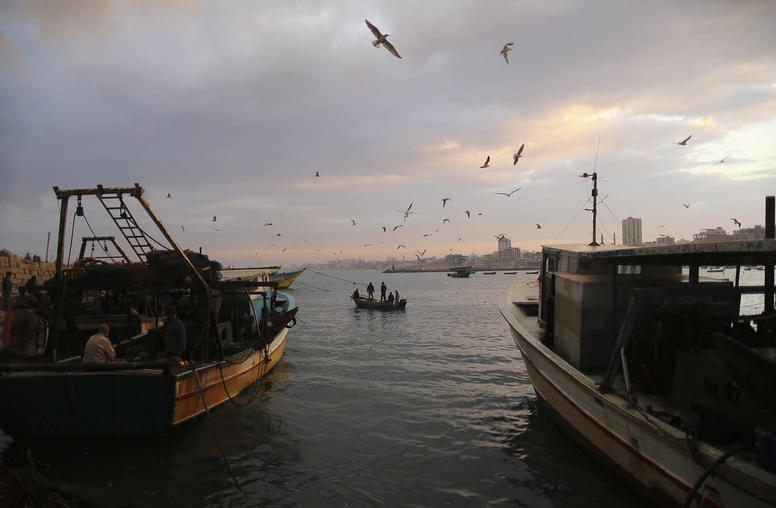Aid to Civil Society: A Movement Mindset
When Citizens Organize, How Can Outside Supporters Help?
People worldwide have been stirred by the dramatic images of “people power” movements calling for democracy and economic justice. The U.S. Institute of Peace held a panel discussion on Friday, March 6, on strategies for governments and non-government supporters to lend backing to movements for social change.

In Hong Kong and Malaysia, Ukraine and Egypt, Brazil, Venezuela and elsewhere, throngs of citizenry have challenged their governments over corruption, political repression, discrimination, and other scourges.
While global audiences respond with sympathy, it has been unclear how governments, pro-democracy groups, or other outside supporters might actually assist effectively. Grassroots campaigns for change often are fluid, diverse, decentralized, and loosely organized, so providing support is tricky. The difficulties and risks can be greater still under authoritarian regimes or, as Yemen and Libya illustrate, in fragile states.
In this discussion, panelists included Maria J. Stephan, Sadaf Lakhani and Nadia Naviwala, the authors of a new USIP Special Report, “Aid to Civil Society: A Movement Mindset.” Continue the conversation on Twitter with #CivilSociety.
Speakers
George Lopez, Introductory Remarks
Vice President, Academy for International Conflict Management and Peacebuilding, USIP
Sarah Mendelson
Director, Human Rights Initiative, Center for Strategic and International Studies
Neil Levine
Director, Center of Excellent for Democracy, Human Rights, and Governance, USAID
Maria J. Stephan
Senior Policy Fellow, USIP; non-resident Senior Fellow, Atlantic Council
Sadaf Lakhani
Senior Governance and Fragility Advisor, TrustWorks Global, Consultant World Bank and USIP
Nadia Naviwala
Former Pakistan Country Representative, USIP
Alexandre Marc
Chief Specialist- Fragility, Conflict and Violence Group, World Bank



